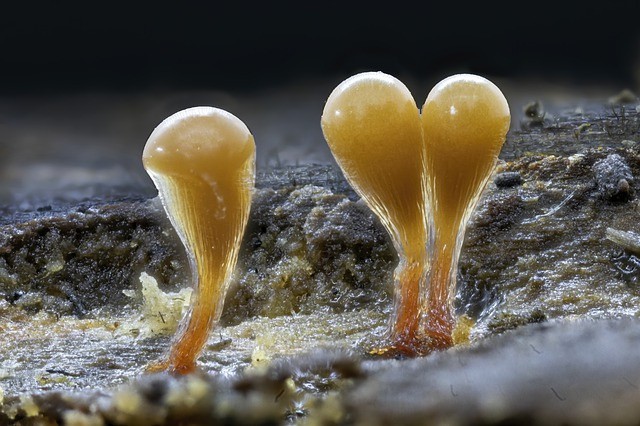
Methane-breathing microbes are the unlikely sources that might be developed as organic power stations that reverse their role as one of the causes of greenhouse gases.
The gas has been identified as one of the causes of an imperiled climate that might help develop clean power instead. But the fact it does trap heat compared to carbon dioxide is part of the search for a solution to minimize the greenhouse effect to harness it.
Microbes Break Down Methane
Natural gas like methane will take half of the energy is wasted before it generates electrical power, reported Science Alert.
Researchers in the Netherlands are trying to coax power from microbes from the methane it produces, and the end goal is to study it as a unique power source.
Radboud University microbiologist Cornelia Welte says that it could help the energy sector. She added that microorganisms create methane and then burn, driving a turbine and producing electricity in current biogas plants.
Only around half of the biogas is converted into electricity, which is the maximum capacity that can be achieved. One goal of the study is to increase the output of these stations without wasting anything, cited SciTech Daily.
Methane Converted Into Electricity
Investigation of the bacteria like micro archaea, which can withstand severe conditions that are atypical; this includes how it can break up methane gas where there is no oxygen found.
Methane-breathing microbes called Archaea are anaerobic methanotrophic (ANME) discharge electrons in a chain of electrochemical reactions, use a metal or metalloid outside their cells, or even transfer them to other bacteria to achieve sustainable metabolic processes as organic power stations.
In 2006, the microorganism was discovered to oxidize methane with assistance from nitrates, and it is a suitable match for the wet bogs in the fertilizer-soaked agricultural culverts seen in the Netherlands, noted Nature.
Experiments in which electrons are pulled from processing microbial cells that gas generated small voltages, but it's not apparent how these bacteria do it exactly. Once the process is fully understood, more advanced investigations might shed light on the phenomena.
Suppose the study shows a way to harness archaea to lessen methane by consuming it to reduce its pollutive effects. Next is the power it could generate is a bonus for green living.
Another stumbling block is that Methanoperedens is not a microorganism that could be produced with ease or grown easily.
Welte and her coauthors took a collection of bacteria that consumed methane-slurping and grew in a condition with zero oxygen but with methane. They were able to create a natural power cell. This natural battery had biological and chemical terminal remarked RU microbiologist Heleen Ouboter.
A terminal covered with bacteria gave out electrons from methane conversion, creating an electric charge. This is interpreted as the methane getting consumed by microorganisms.
In terms of efficiency, 31% of the energy in the methane has been converted into electrical power, putting it on par with certain power plants.
An end goal of creating organic power stations that are either portable or stationary, minus the piles of methane gas, is to improve output by more than 30 percent more for methane power plants, mentioned Science Direct.
© 2025 HNGN, All rights reserved. Do not reproduce without permission.








